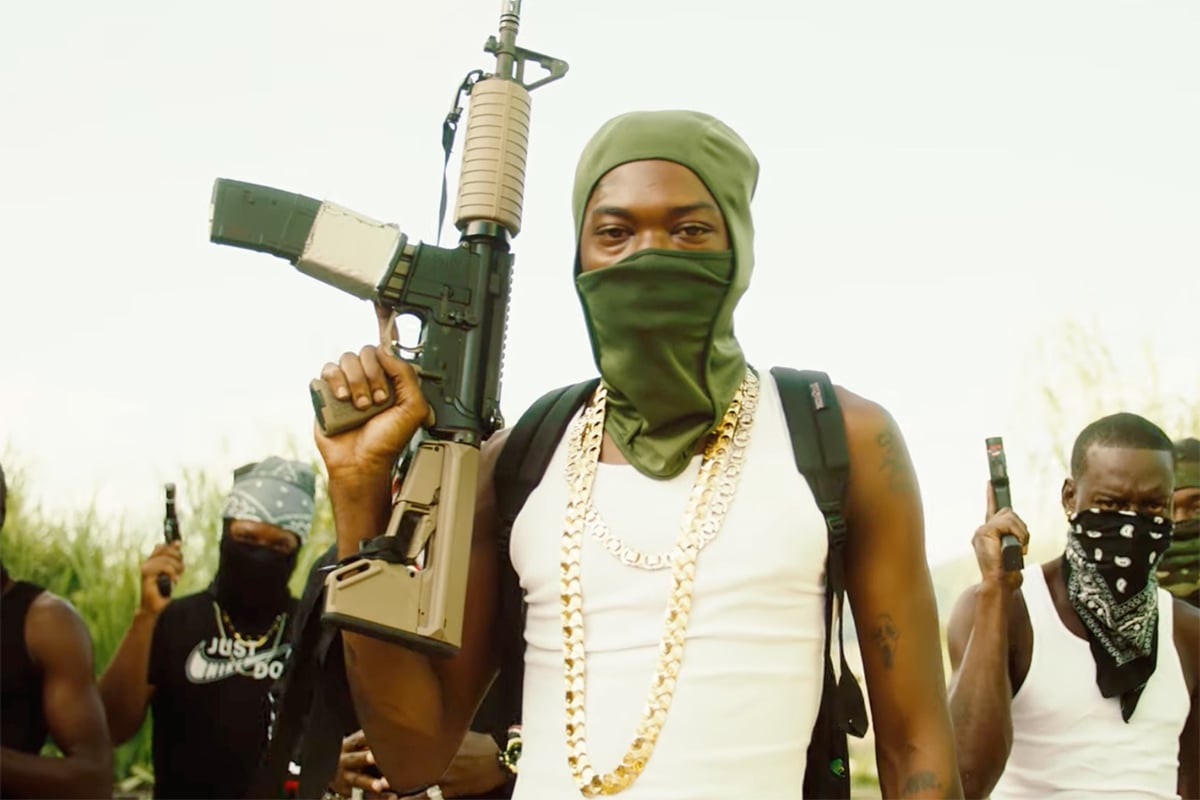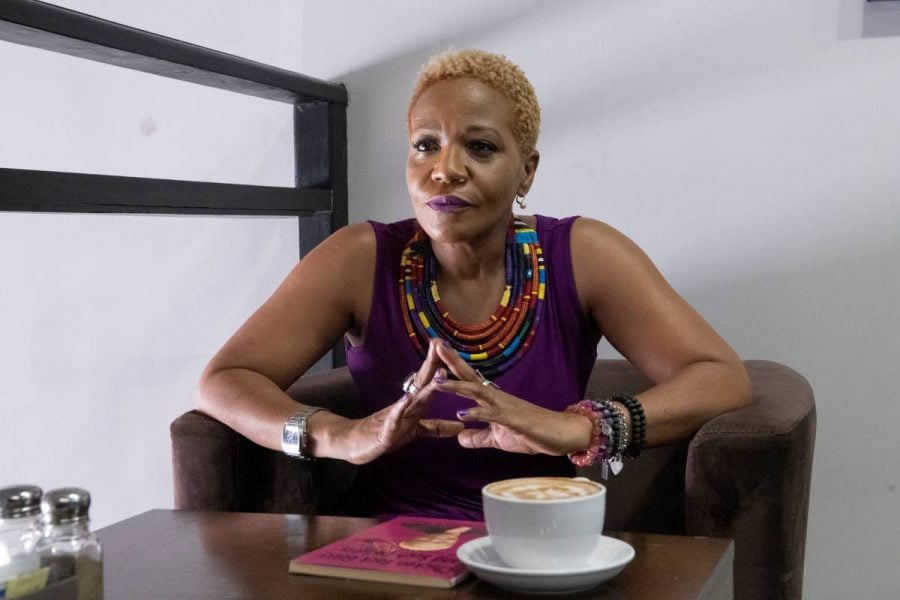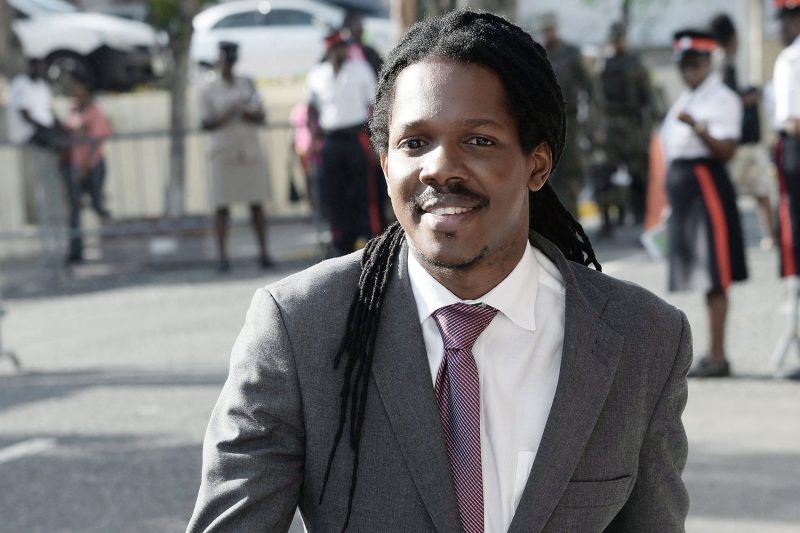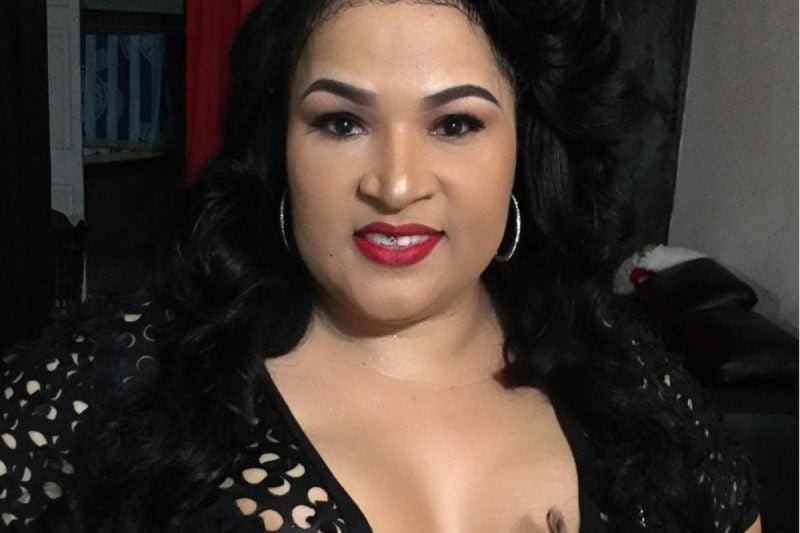Poll Shows 82% Of Jamaicans Believe There’s Connection Between Dancehall And Crime

A cumulative 82 percent of all Jamaicans “believe that there is a connection between Dancehall music and the incidence of crime”, a recent Don Anderson poll conducted in July, has revealed.
The poll, which was commissioned by the Jamaica Gleaner, revealed that 41 percent of respondents believe that Dancehall music played a very big role in influencing criminal behaviour, while 30 percent of persons believed that Dancehall had ‘somewhat’ of an impact.
Additionally, 11 per cent of the 1,113 respondents said that Dancehall influenced criminal behaviour “only a little” while another 11 per cent said “not at all” and seven per cent of respondents said they “were not sure”.
The newspaper reported Don Anderson as saying that said that “the dominant views were held primarily by older persons rather than younger ones aged 18 to 24” as younger Jamaicans were less convinced that there was a direct connection.
However, Professor Donna Hope, a Lecturer at The University of the West Indies, has taken issue with how the poll question was framed. “The outcome for this question that is already leading is going to be that more people are going to give a positive response and say ‘yes’ in various ways,” Hope said.

“So ‘yes’ very much, ‘yes’ somewhat, ‘yes’ only a little, so already the question and the way the responses are structured are going to give you a positive response to this question,” she added.
The discussion on whether Dancehall music influences criminal behaviour has been a hot topic for debate, especially over the last two years, particularly since the rise of “choppa music” and the arrest of several persons involved in the music industry.
In April last year, Downsound producer and Reggae Sumfest marketing strategist, Cordell “Skatta” Burrell, dared to be a Daniel, unlike many of his musical compatriots like Cham and Bounty Killer and declared that “music has influence and it is hypocritical of us to disregard this”.
Skatta’s comments had come in response to an article written by head of the Reggae Studies Unit at The University of the West Indies, Dr. Sonjah Stanley Niaah, who posited that a study needs to be done to address whether or not there is a link between Dancehall music and violence in Jamaica.
Dr. Niaah had said, among other things, that “while there have been some investigations, no definitive study has yet been done to ascertain whether there is a correlation between crime in Jamaica and the popular music produced and consumed”.
But Skatta, who had long admitted that music influences violent behaviour had rubbished her arguments, inferring that from his standpoint, academic study or not, the psychological impact of music, positive or negative on people, is quite evident.
“Bob Marley sang Three Little Birds to make a positive uplifting impact on the world and that song does exactly what it says. To think that hardcore Dancehall does not influence the mind is ridiculous,” the Coolie Dance producer had argued.
Skatta had argued that while Jamaicans like himself enjoy the music and are “not stupid enough to go shoot someone because it’s written in a song”, musicians and producers also need to understand that they live on an island where crime is taking over and affecting everyone.
Skatta had also reiterated his stance that producers and artists, as citizens of the country, out of loyalty to their fans and in the interest of the rest of the general population, ought to muster the courage to help curtail violence through their lyrics.
Additionally, he said that due to the fact that Jamaica’s political leaders have demonstrated that they are not only unreliable but extremely lackadaisical, artists should use their influence in a positive manner to better the young people who look up to them.
Skatta said that until Jamaica’s politicians change from their self-serving ways, it is imperative that the rest of the nation rises to the occasion and help their fellow countrymen and women who have been left at the mercy of miscreants.
A month later, self-proclaimed Dancehall Defender Senator Damion Crawford had insisted that there was no link between crime and violent Dancehall songs, a statement which contrasted one made earlier by his PNP colleague Councillor Michel Troupe that violent Dancehall music was driving up the crime rate, and assertions by Prime Minister Andrew Holness that there was a causal relationship between murder music and the island’s murder rate.

Crawford had argued that criminals already had evil intentions in their hearts and were not influenced by the music to engage in the heinous acts, as the majority of people who listen to these tracks do never engage in crime.
Nevertheless, he said that criminals while they may gravitate to violent music, it was only because they were already ‘criminal in their intent’.
“Other persons like myself, listen it and gravitate towards it, maybe gravitating towards the metaphors and the rhymes and stuff like that. So the aspect of the music that the criminal gravitates to, is because he was a criminal and not because the music transformed him,” the former UWI Guild president had said.
In advancing his arguments, Crawford had pointed out that with the annual murder rate averaging about 1700, even if there were 1700 killers and all were influenced by music to kill, then there are still another 2.7 million people, who are not murderers.
InSight Crime’s 2020 Homicide Round-Up report on Latin America and the Caribbean revealed that Jamaica had the region’s highest homicide rate at 46.5 per 100,000 people with recorded killings of 1,301 in 2020.
The United Nations considers any homicide rate of 10 per 100,000 citizens or above to be an “epidemic”, which effectively means Jamaica has long been in a crisis situation.
In July last year, Dancehall Queen Carlene, in bemoaning Jamaica’s crime and violence rate which she said was keeping down the island, also addressed the matter, noting in an interview, that artists with overly violent lyrics might be unwittingly serving these as fodder for impressionable youths to carry out deviant acts.

In lamenting the ascension of murderous lyrics in Dancehall music, Carlene had noted that contrary to the view of some artistes, it was simplistic and absurd to view these type of songs as “only freedom of expression”.
The Butterfly dance creator had also said that while parents have a responsibility to train their children and be role models to them, artistes and other public figures still have a duty to be responsible in their utterances, violent-laced Dancehall lyrics oftentimes have an impact on vulnerable young people who see entertainers as role models.
Outside of the Dancehall-crime chatter, experts in psychology and psychiatry have attributed the levels of violence in Jamaica, not to the music, but to the fact that the island has a large number of psychopath and sociopaths.
In February 2020, Government senator and consultant psychiatrist Dr Saphire Longmore after recounting some barbaric acts of violence against children and women in the Jamaican society, had declared that “there are sociopaths and psychopaths among us”, during her contribution to the State of the Nation Debate in the Upper House.
Dr. Longmore had told the Government that it was time to put funding behind mental health. She had also urged the Jamaica Constabulary Force to enrol the services of some criminal psychologists in their investigations.
Studies conducted by the late eminent psychiatrist Professor Fredrick Hickling on anti-social behaviors, among them a joint one with Dr, Geoffery Walcott in 2013 titled Personality disorder in convicted Jamaican murderers, concluded that “antisocial personality disorder as an aetiological precursor of homicidal violence, represents a major public health problem in contemporary Jamaica”.
The study found that 51 percent of murderers were diagnosed as having antisocial and inadequate personalities and two-thirds were illiterate or barely literate.
Professor Hickling had also conducted another joint study titled Population Prevalence of Personality Disorder in Jamaica in collaboration with clinical psychologist Vanessa Paisley in 2011, which revealed that not only was personality disorders prevalent on the island, but that nearly one million adult Jamaicans suffer from personality disorders and the island’s high crime rate was linked to mental illnesses.
The two clinicians had also noted that the rate of personality disorder – approximately 40 percent – in the Jamaican population is markedly higher than the internationally identified rate of six to 15 percent.
“Extrapolating these findings to our society, there is no wonder about the high rates of murder and violence, rape, and other sexual atrocities, and crimes such as theft and praedial larceny that are crippling our society,” the two researchers noted in a joint letter to the Gleaner at the time.
Professor Hickling had also said that if the findings do not influence public policy, “then we are doomed to repeating the same mistakes of the last 100 years or since Independence”, as many of the crime strategies employed by the security forces have failed, as this scientific aspect of the crime problem has gone unaddressed.
“Introspection and legislation will not solve this problem. We will continue to fail,” Hickling had said.
